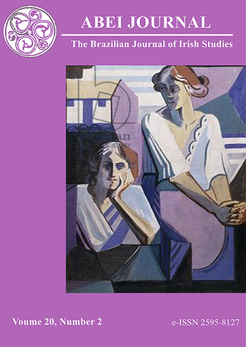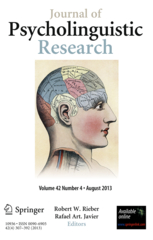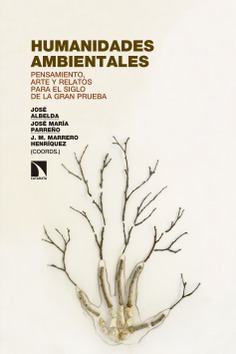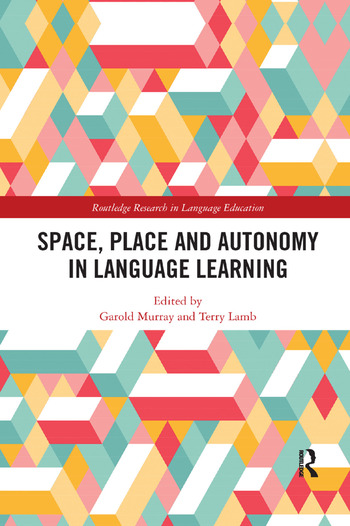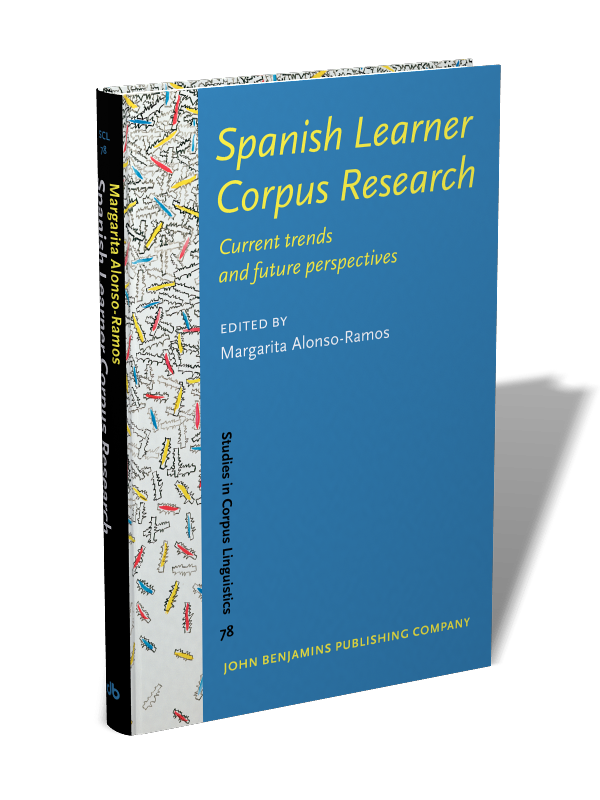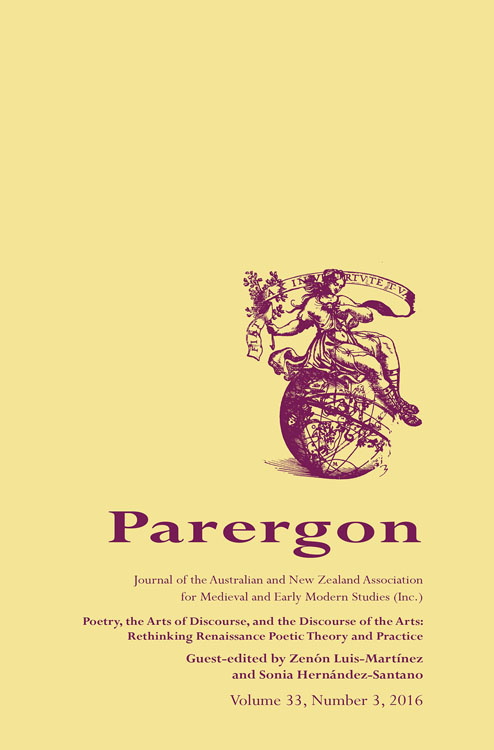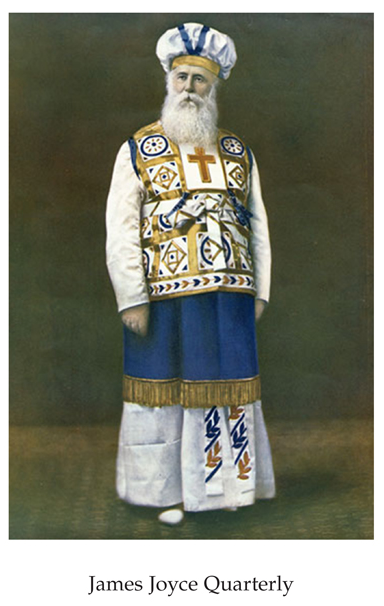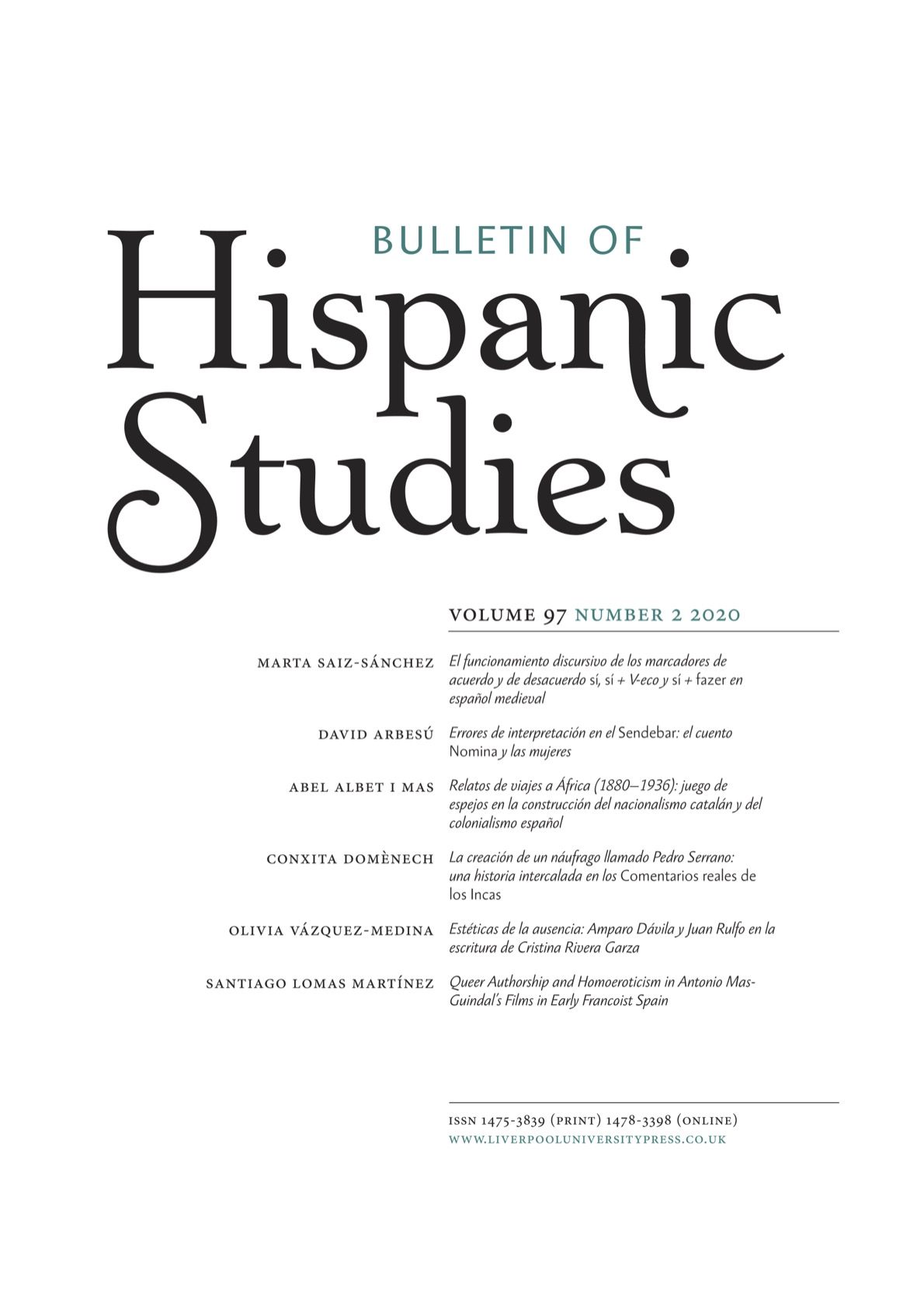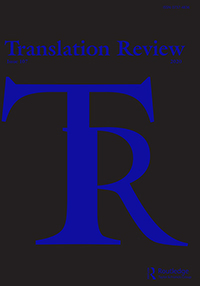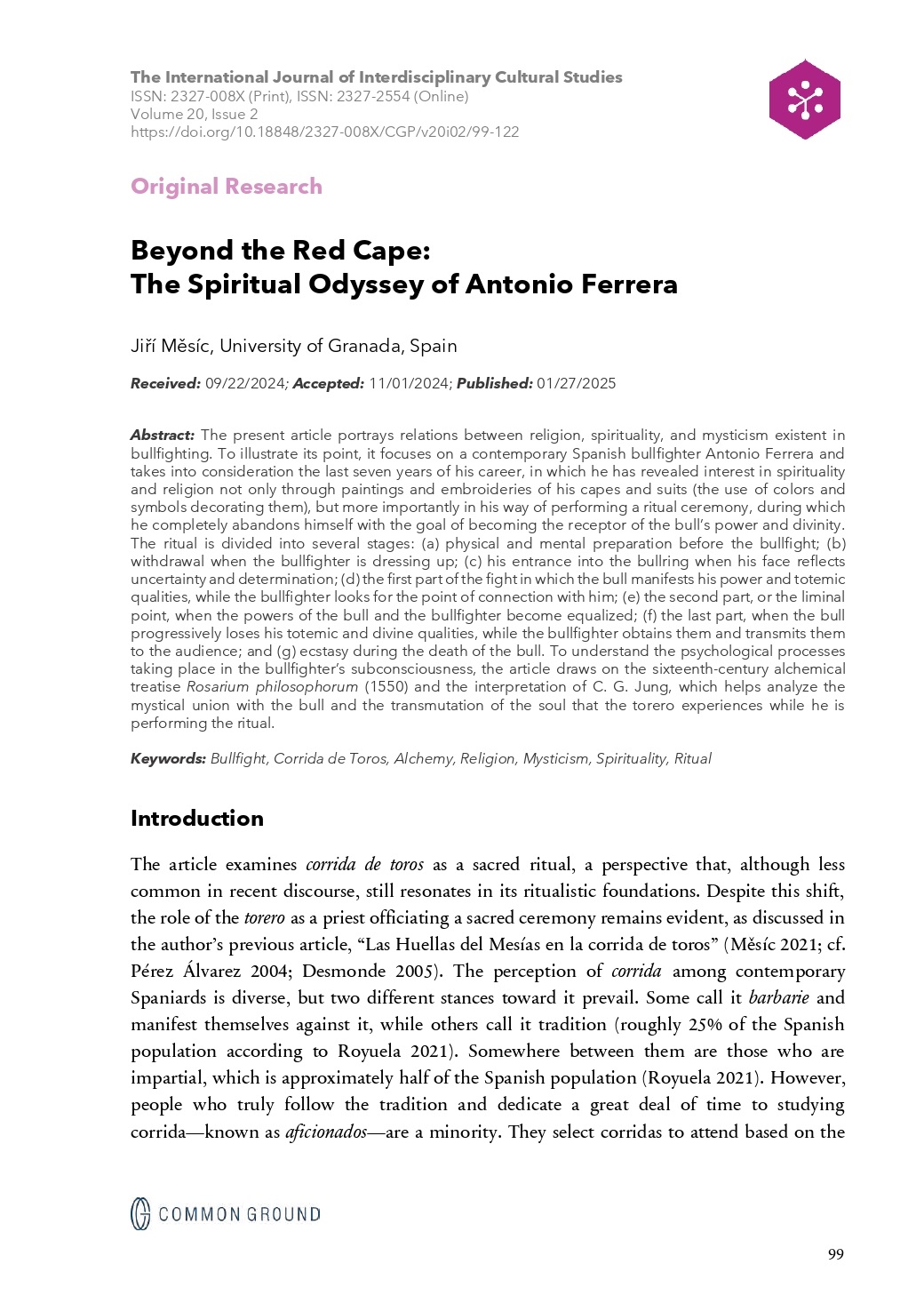 Jiří Měsíc, Beyond the Red Cape: The Spiritual Odyssey of Antonio Ferrera. En The International Journal of Interdisciplinary Cultural Studies 20 (2) (2025): 99-122. |
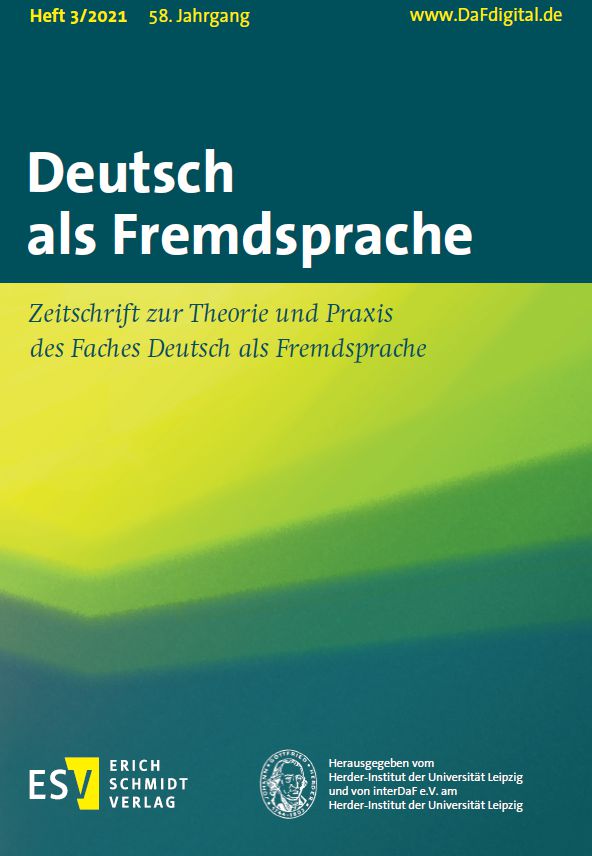 Martina Kienberger, Erschließungsstrategien für unbekannte Wörter in Texten – Eine Untersuchung zum Strategieneinsatz von Lernenden an drei spanischen Universitäten. En Deutsch als Fremdsprache (2021): 156-168. |

Martina Kienberger, The use of lexical inferencing strategies by learners of German as a third language in Spain. En German as a Foreign Language 3 (2021): 37-57.
|
|
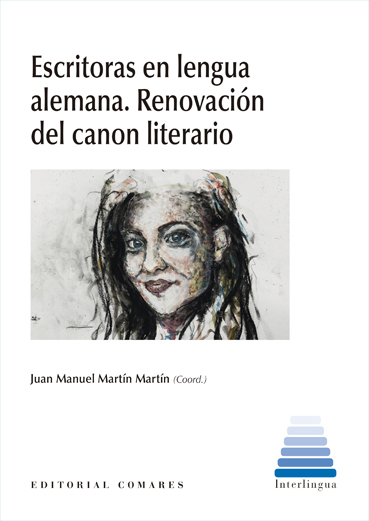
Martina Kienberger, Literarischer Kanon und Autorinnen der Jahrhundertwende (1880-1920) im schulischen Kontext. En Escritoras en lengua alemana. Renovación del canon literario (Comares, 2018): 141-151.
|

Miriam Criado-Peña, “‘Probatum est’. The Medical Recipes in London, Wellcome Library, MS 3009”. En Nordic Journal of English Studies 20.1 (2021): 257-276. |

Miriam Criado-Peña, “Spelling Standardisation in Early Modern English: London, Wellcome Library, MS 3009”. En Studia Neophilologica (2021): 1-18. |
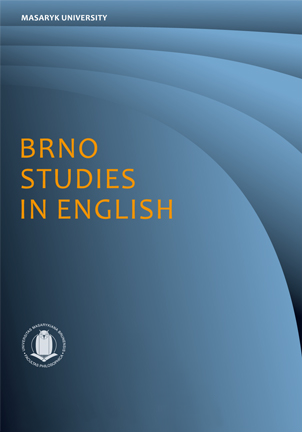
Miriam Criado-Peña, "On the Grammaticalization of as well as in the History of English”, en Brno Studies in English 45.1 (2019): 5-24. |

Beatriz Naranjo, What's in a Voice? Exploring the vocal qualities of the Spanish dubbed voice in emotionally-loaded scenes, en New Voices in Translation Studies 25, (2021): 108-129. |
|
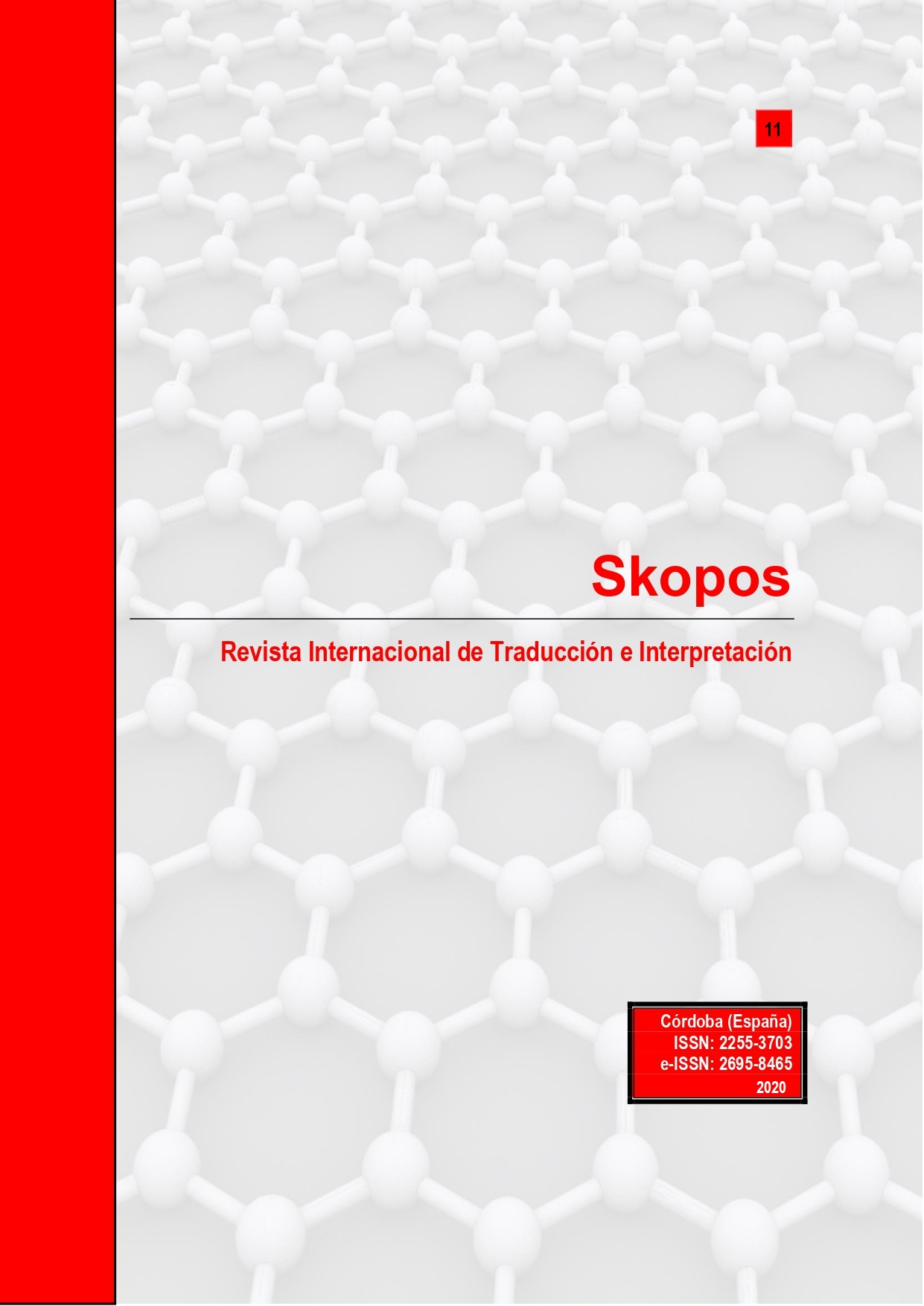 Beatriz Naranjo, "La creatividad en traducción, ¿amante infiel del original? Superando estigmas desde un enfoque psicológico", en Skopos: Revista Internacional de Traducción e Interpretación 10, (2019): 161-178. |
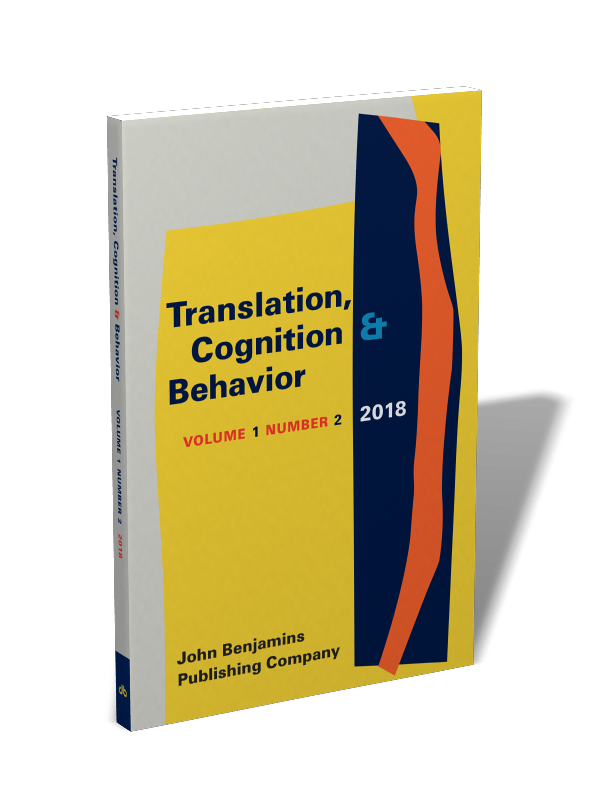
Beatriz Naranjo, "Moving Music for Moving Source Texts: the Influence of Emotional Music on Translation Performance", en Translation as an emotional phenomenon. Sesión temática especial de Translation, Cognition & Behavior, 1(2), (2018): 319-340. |
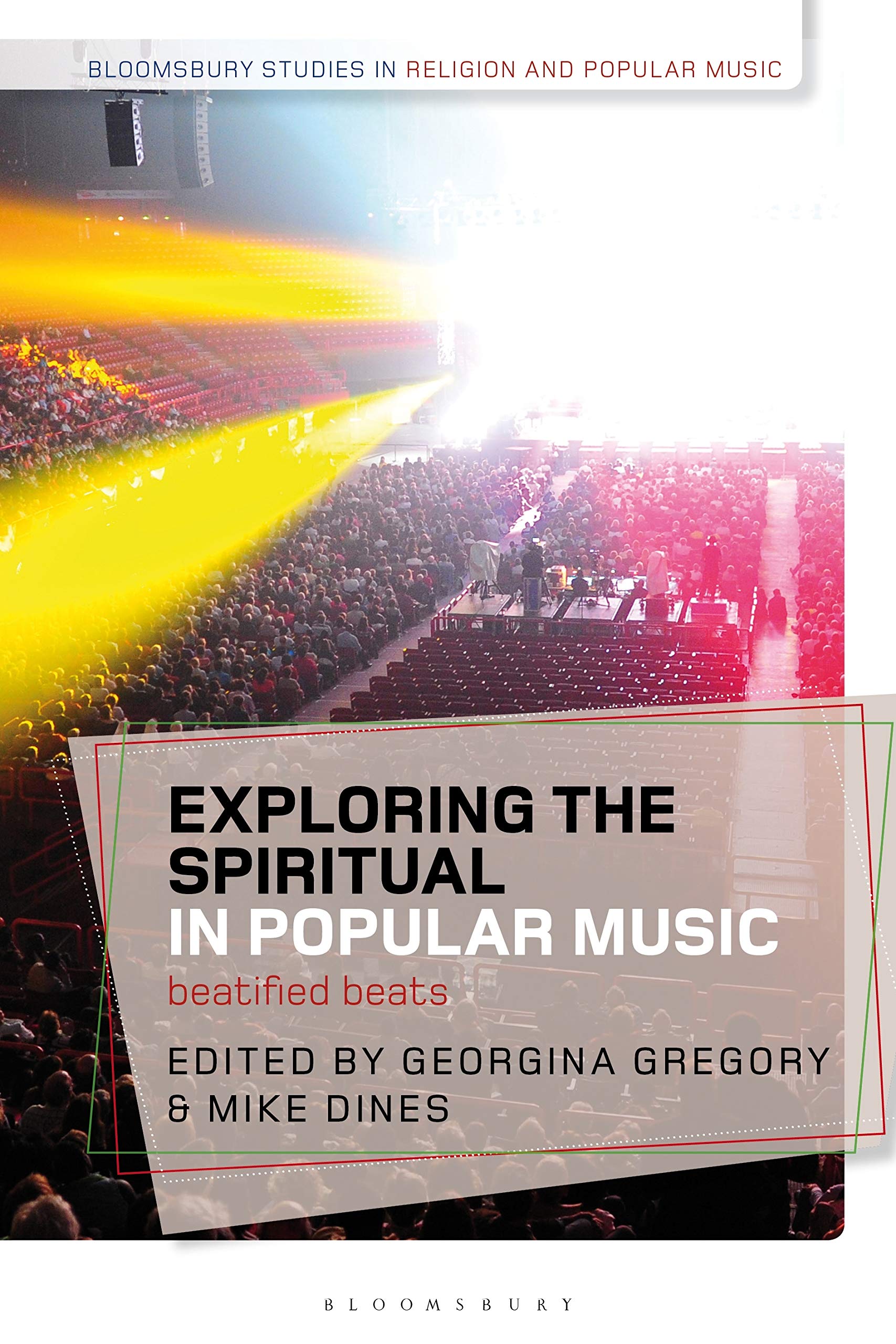
Jiří Měsíc, “Leonard Cohen, the ‘Sufi’ Mystic”, en Georgina Gregory & Mike Dines (Eds.), Exploring the Spiritual in Popular Music: Beatified Beats (Bloomsbury Academic, 2021), pp. 29-49.
|
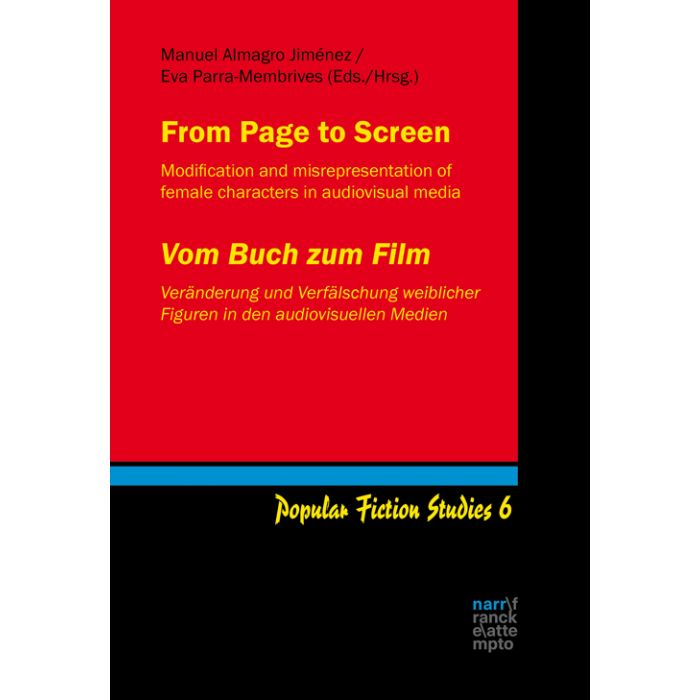
Jiří Měsíc, “Shekhinah in the Music Videos of Leonard Cohen”, en Eva Parra-Membrives & Manuel Almagro-Jiménez (Eds.), From Page to Screen / Vom Buch Zum Film. Volume 6 (Narr Francke Attempto, 2020), pp. 375-403.
|
Jiří Měsíc, “The Nature of Love in the Work of Leonard Cohen”, Journal of Popular Romance Studies 7, (2018): 1-21. |
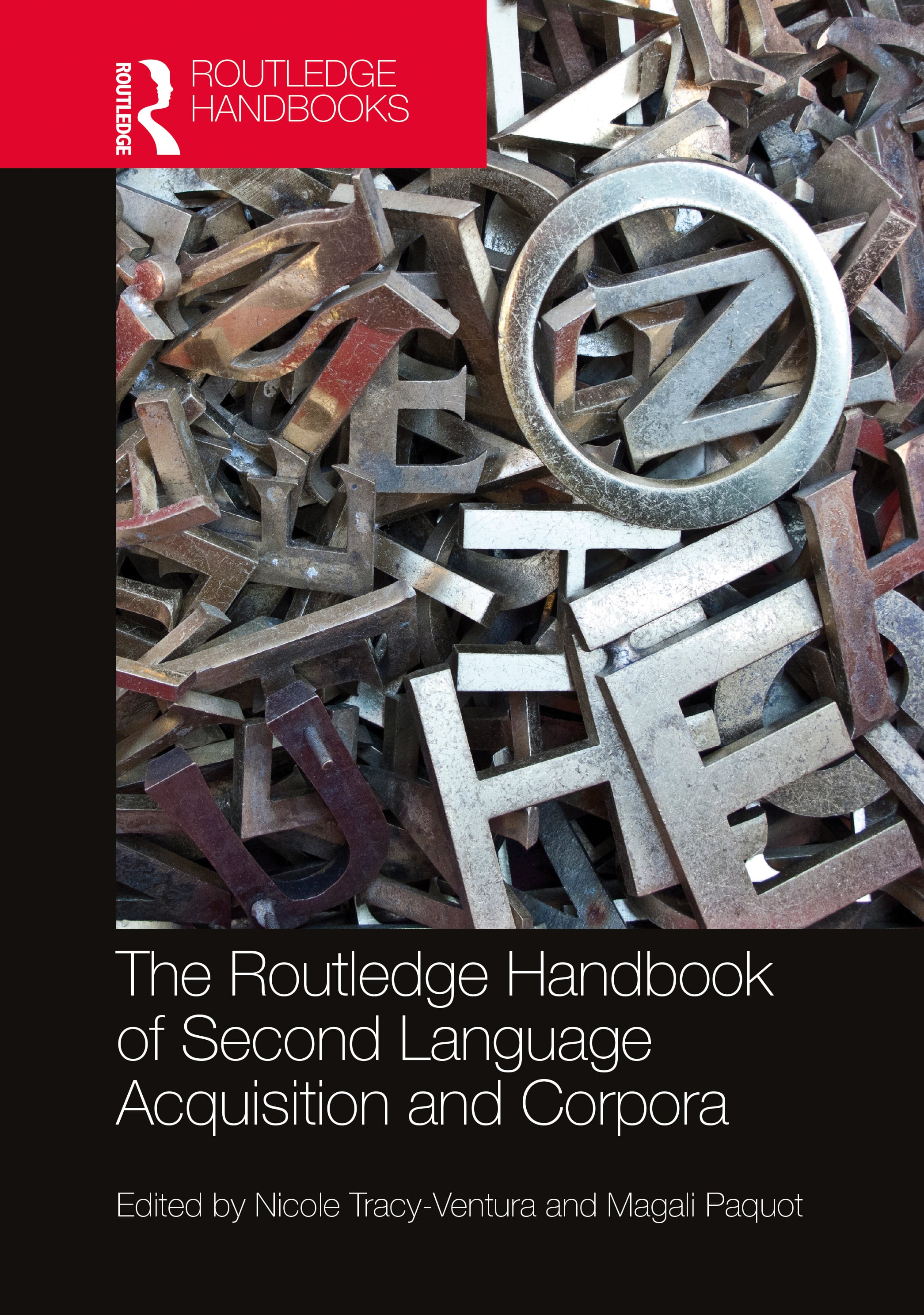 Cristóbal Lozano, “Generative Approaches”, en N. Tracy-Ventura & M. Paquot (Eds.), The Routledge Handbook of Second Language Acquisition and Corpora (Routledge, 2021), pp. 213-227. |
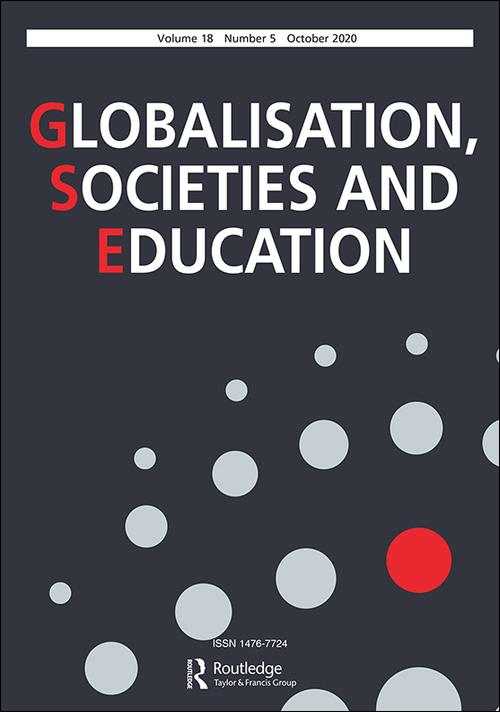 Encarnación Hidalgo Tenorio, “Trump’s Populist Discourse and Affective Politics, or on How to Move ‘the People’ through Emotion”, Globalisation, Societies and Education, (2021): 1-24. |
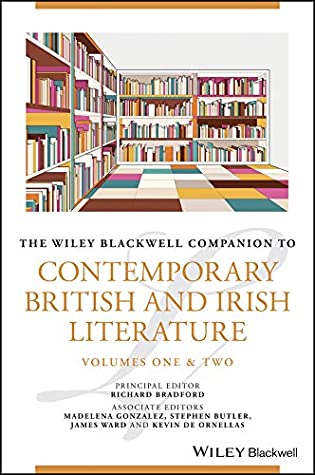 Pilar Villar Argáiz, “Eavan Boland’s Poetry: The Inoperative Community”, en R. Bradford, M. Gonzalez, S. Butler, J. Ward and K. Ornellas (Eds.), The Wiley Blackwell Encyclopedia of Contemporary British and Irish Literature. Volume 1 (John Wiley & Sons, Ltd., 2020), pp. 127-137. |
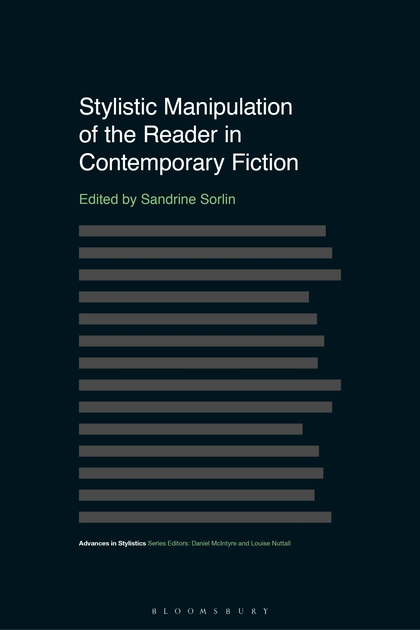 Rocío Montoro, “The Novel of the Future: Author's Manipulation in Henry Green's Nothing (1950) and Doting (1952)”, en S. Sorlin (Ed.), Stylistic Manipulation of the Reader in Contemporary Fiction (Bloomsbury, 2020), pp. 70-91. |
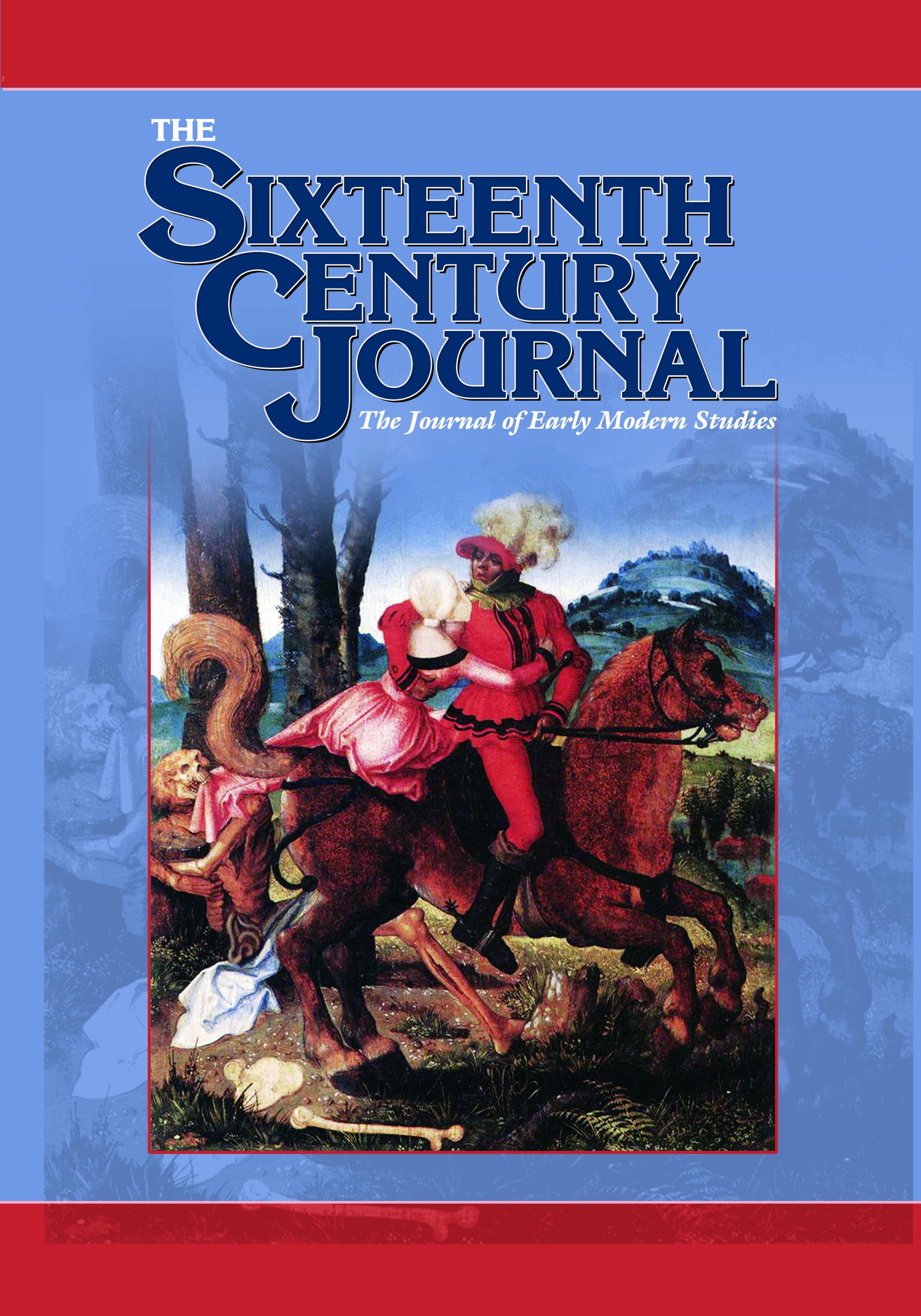 Rocío G. Sumillera, “Political Medicine in Early Modern Spain, or How Physicians Counsel the King”, Sixteenth Century Journal, 51.2 (2020): 419-443. |
|
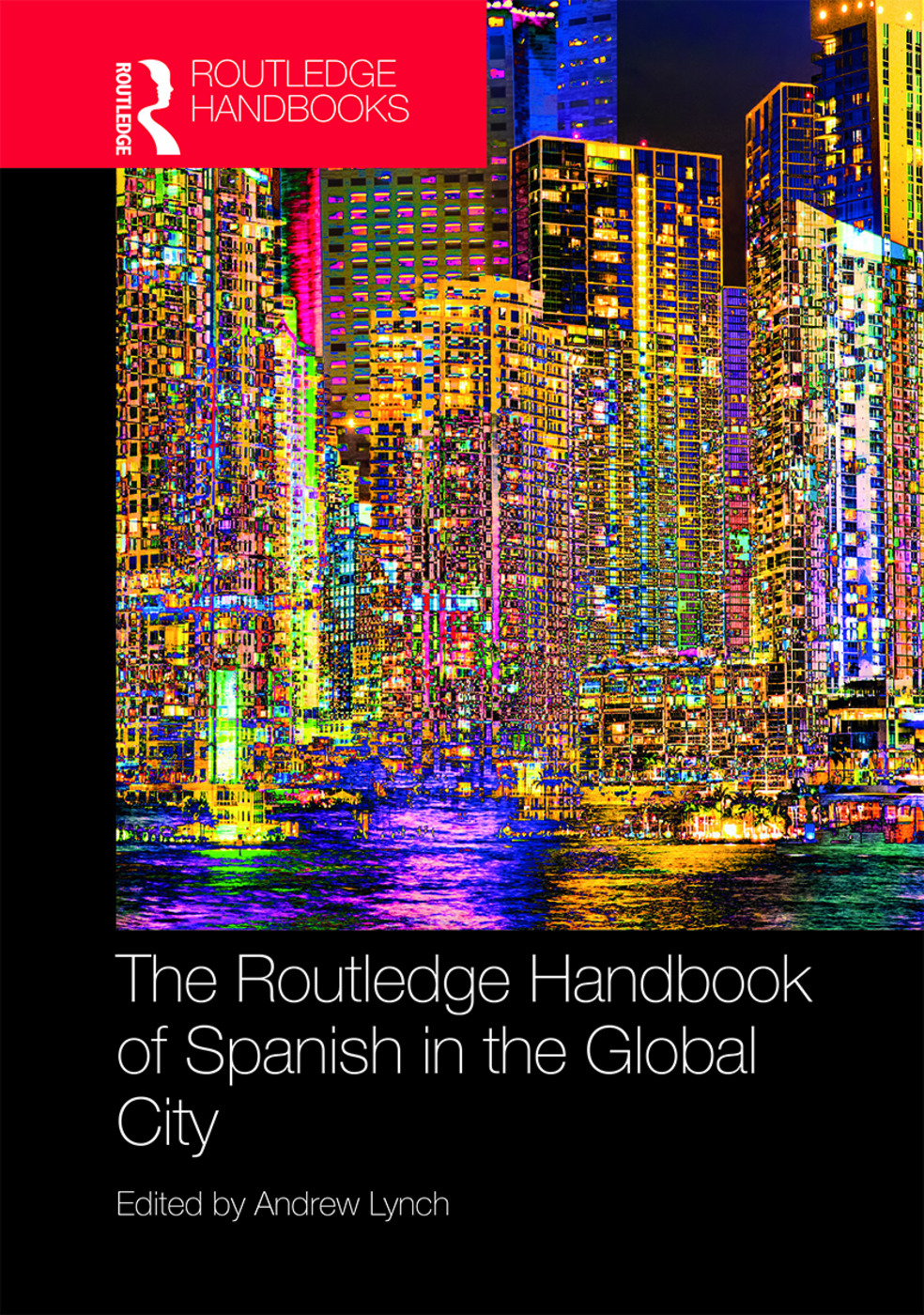 Karin Vilar Sánchez, “Lexical Contact Phenomena among Spanish Migrants in Cologne”, en Andrew Lynch (Ed.), The Routledge Handbook of Spanish in the Global City (Routledge, 2020), pp. 387-405. |
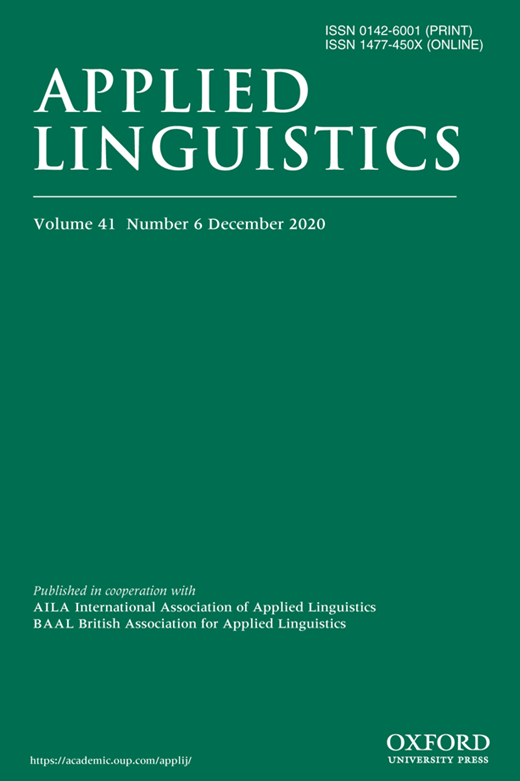 Encarnación Hidalgo Tenorio & Miguel Ángel Benítez Castro, “The Language of Evaluation in the Narratives by the Magdalene Laundries Survivors: The Discourse of Female Victimhood”, Applied Linguistics, 42.2 (2020): 1-28. Encarnación Hidalgo Tenorio & Miguel Ángel Benítez Castro, “The Language of Evaluation in the Narratives by the Magdalene Laundries Survivors: The Discourse of Female Victimhood”, Applied Linguistics, 42.2 (2020): 1-28. |
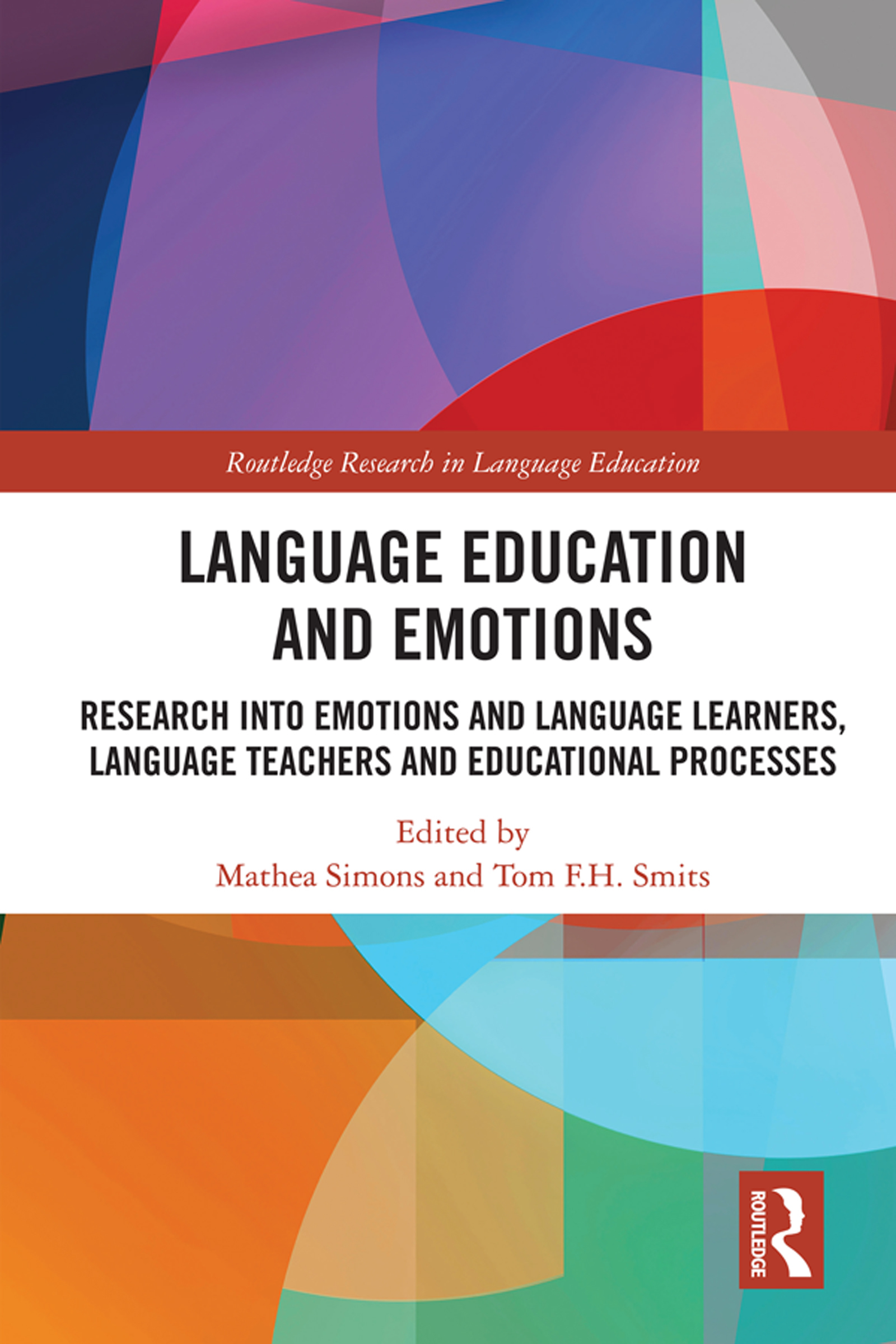 Karin Vilar Sánchez, “‘It Makes me Feel Smaller and at other Times it Gives me a Rush.’ Experienced Recognition in Situations of Migration and Willingness to Acquire a Foreign Communication Style”, en Simons and Smits (Eds.), Language Education and Emotions (Routledge, 2020), pp. 76-93. |
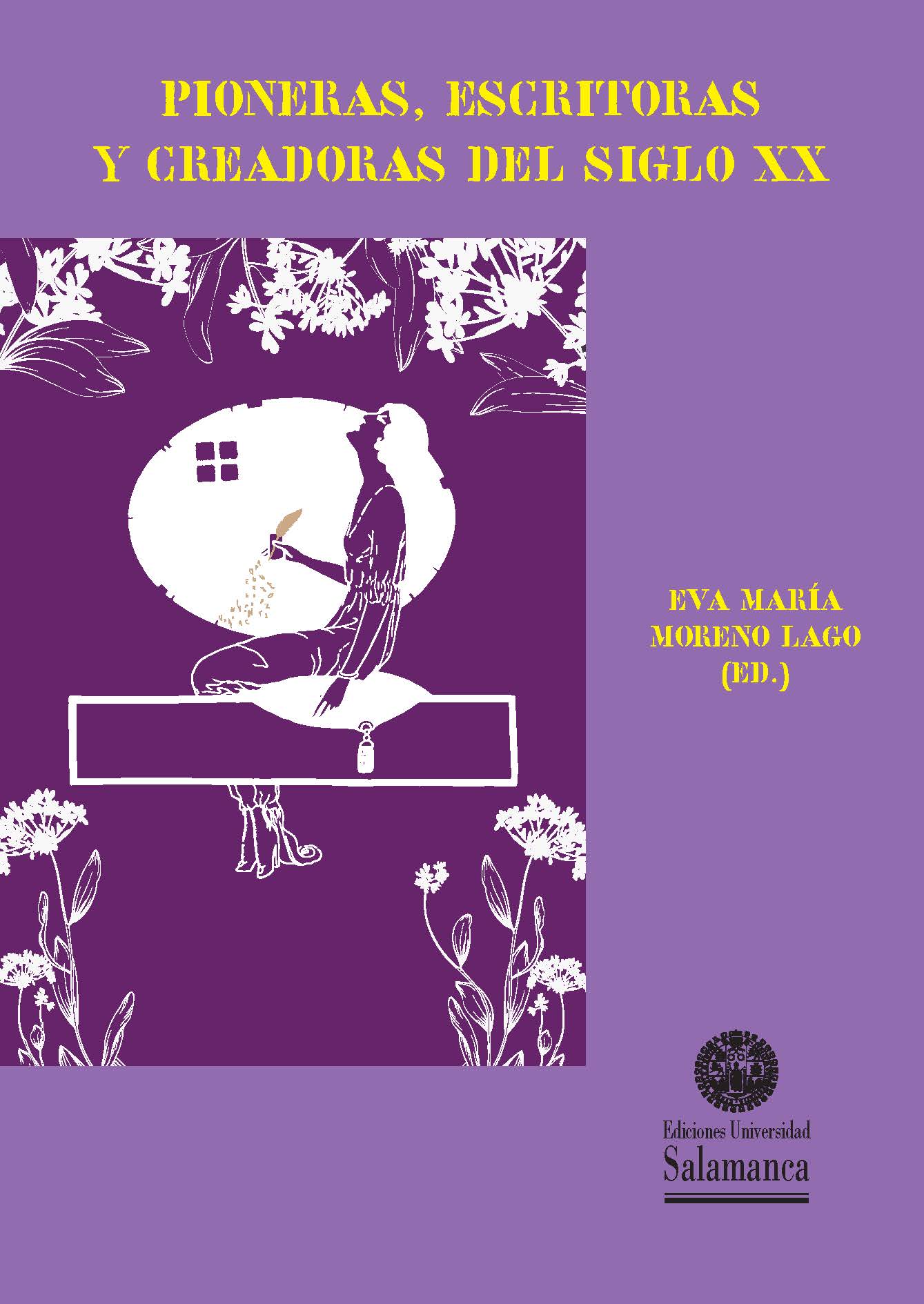 Paula Camacho, “Una visión de género del Londres literario de los años 20: el empoderamiento de la mujer a través de la escritura sobre cine”, en Eva María Moreno Lago (Ed.), Pioneras, escritoras y creadoras del siglo XX (Ediciones Universidad de Salamanca, 2019), pp. 361-379. Paula Camacho, “Una visión de género del Londres literario de los años 20: el empoderamiento de la mujer a través de la escritura sobre cine”, en Eva María Moreno Lago (Ed.), Pioneras, escritoras y creadoras del siglo XX (Ediciones Universidad de Salamanca, 2019), pp. 361-379. |
 Rocío Montoro and Dan McIntyre, “Subordination as a Potential Marker of Complexity in Serious and Popular Fiction: a Corpus Stylistic Approach to the Testing of Literary Critical Claims”, Corpora, 14.3 (2019): 275-299. |
|
|
Pilar Villar Argáiz, “Secrecy, Alterity and Defiant Femininity in Eiléan Ní Chuilleanáin’s The Boys of Bluehill”, Irish University Review: A Journal of Irish Studies, 49.2 (2019): 370-389. |
|
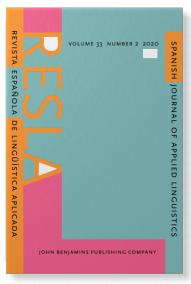 Cristóbal Lozano, “Using Learner Corpus Methods in L2 Acquisition Research: The Morpheme Order Studies Revisited with Interlanguage Annotation”, RESLA (Spanish Journal of Applied Linguistics), 32.1 (2019): 83-124. Cristóbal Lozano, “Using Learner Corpus Methods in L2 Acquisition Research: The Morpheme Order Studies Revisited with Interlanguage Annotation”, RESLA (Spanish Journal of Applied Linguistics), 32.1 (2019): 83-124. |
 Karin Vilar Sánchez, “Sie sagen einfach, was sie denken“. Interkulturelle Kompetenz junger spanischer Migranten in Deutschland”, Zeitschrift für interkulturellen Fremdsprachenunterricht, 24.2 (2019): 459-493. |
|
Paula Camacho, “Returning to Ezuversity: Feminism and Emancipation in the Letters of Ezra Pound to Forgotten Modernist Iris Barry, 1916-1917”, Atlantis. Journal of the Spanish Association for Anglo-American Studies, 41.2 (2019): 105-121. |
|
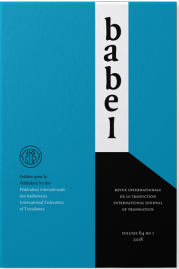 Karin Vilar Sánchez, “Estilo indirecto en la mediación interlingüística, intercultural y social del español al alemán”, Babel, 65.2 (2019):175-199. Karin Vilar Sánchez, “Estilo indirecto en la mediación interlingüística, intercultural y social del español al alemán”, Babel, 65.2 (2019):175-199. |
Pilar Villar Argáiz, “Ireland and the Popular Genre of Historical Romance: The Novels of Karen Robards”, ABEI: Brazilian Journal of Irish Studies, 20.2 (2018): 97-109. |
|
|
|
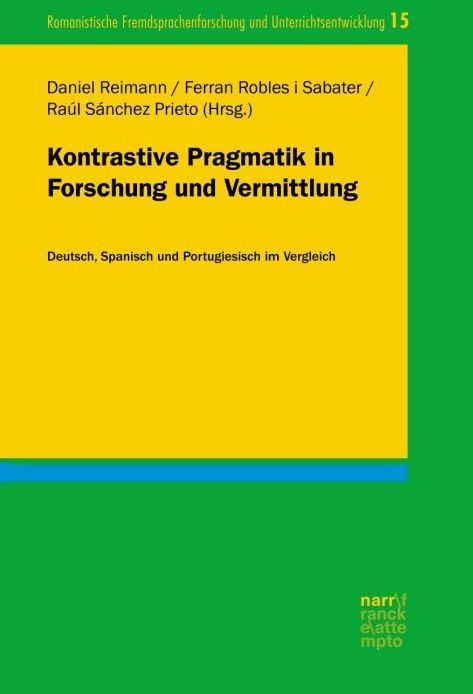 Karin Vilar Sánchez, “No he visto nada de lo que has puesto. Gesichtswahrung im Spanischen mittels semantischer Generalisierung”, en Daniel Reimann, Ferrán Robles u Sabater, Raúl Sánchez Prieto (Eds.), Kontrastive Pragmatik in Forschung und Vermittlung. Deutsch, Spanisch und Portugiesisch im Vergleich, I (Narr Francke Attempto Verlag, 2018), pp. 109-122. Karin Vilar Sánchez, “No he visto nada de lo que has puesto. Gesichtswahrung im Spanischen mittels semantischer Generalisierung”, en Daniel Reimann, Ferrán Robles u Sabater, Raúl Sánchez Prieto (Eds.), Kontrastive Pragmatik in Forschung und Vermittlung. Deutsch, Spanisch und Portugiesisch im Vergleich, I (Narr Francke Attempto Verlag, 2018), pp. 109-122. |
|
 Karin Vilar Sánchez, “„Deutsch? – Das schaff ich schon!“ Spracherwerbsmotivation unter den spanischen Emigranten der neuen Generation”, German as a Foreign Language, 2.2016 (2016): 44-66. Karin Vilar Sánchez, “„Deutsch? – Das schaff ich schon!“ Spracherwerbsmotivation unter den spanischen Emigranten der neuen Generation”, German as a Foreign Language, 2.2016 (2016): 44-66. |
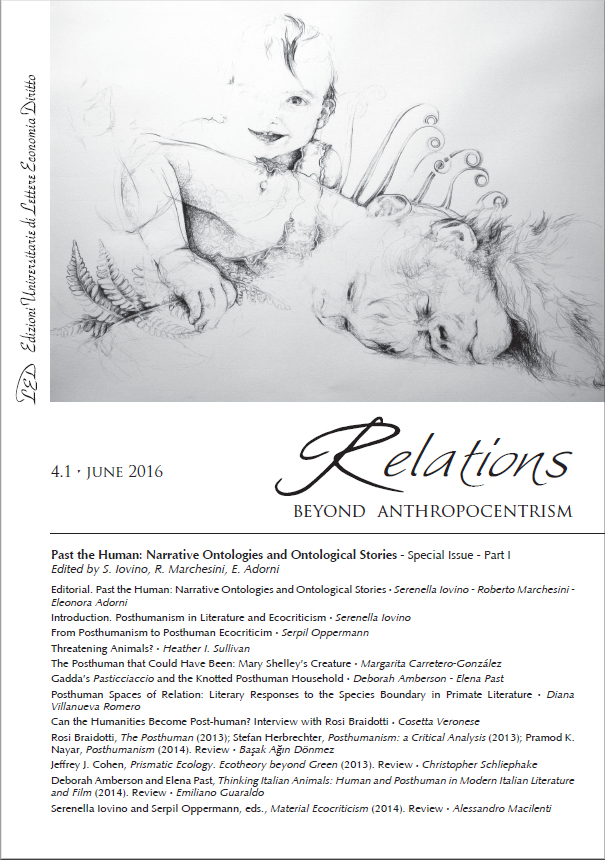 Margarita Carretero González, “The Posthuman that Could Have Been. Mary Shelley's Creature”, Relations. Beyond Anthropocentrism, 4.1 (2016): 53-64. Margarita Carretero González, “The Posthuman that Could Have Been. Mary Shelley's Creature”, Relations. Beyond Anthropocentrism, 4.1 (2016): 53-64. |
|
|
|
|
Rocío G. Sumillera, “Shakespeare's Hamlet in Twentieth-Century Spanish Poetry”, Bulletin of Hispanic Studies, 92.6 (2015): 645-665. |
|
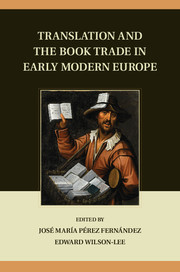 Rocío G. Sumillera, “Language Manuals and the Book Trade in England”, en José María Pérez Fernández and Edward Wilson-Lee (Eds.), Translation and the Book Trade in Early Modern Europe (Cambridge University Press, 2014), pp. 61-80. Rocío G. Sumillera, “Language Manuals and the Book Trade in England”, en José María Pérez Fernández and Edward Wilson-Lee (Eds.), Translation and the Book Trade in Early Modern Europe (Cambridge University Press, 2014), pp. 61-80. |
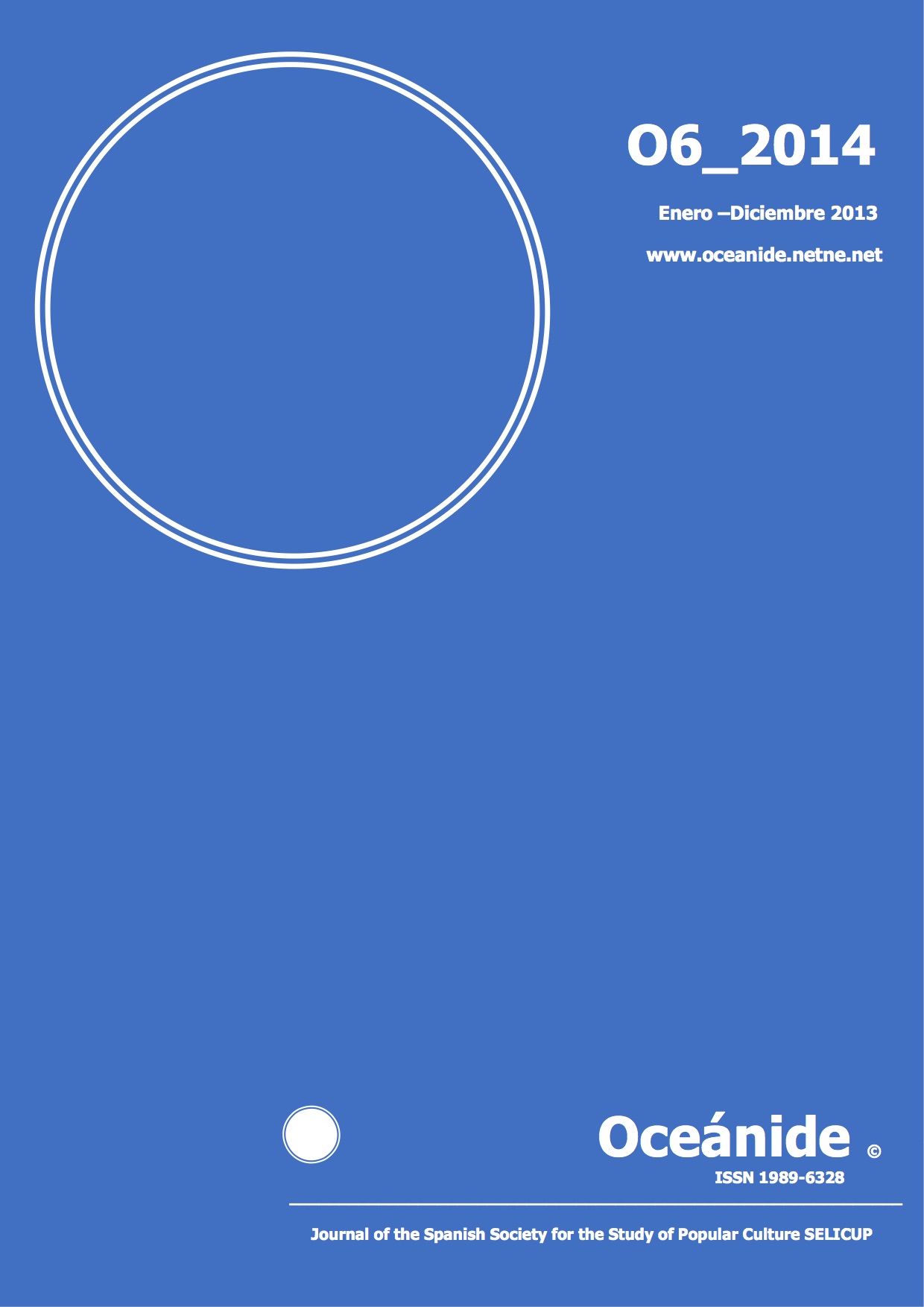 Paula Camacho, “Los subtítulos cinematográficos: un puente entre culturas”, Oceánide, 6.6 (2014): digital. Paula Camacho, “Los subtítulos cinematográficos: un puente entre culturas”, Oceánide, 6.6 (2014): digital. |
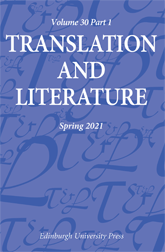 José María Pérez Fernández, “Andrés Laguna: Translation and the Early Modern Idea of Europe”, Translation and Literature, 21.3 (2012): 299-318. José María Pérez Fernández, “Andrés Laguna: Translation and the Early Modern Idea of Europe”, Translation and Literature, 21.3 (2012): 299-318. |
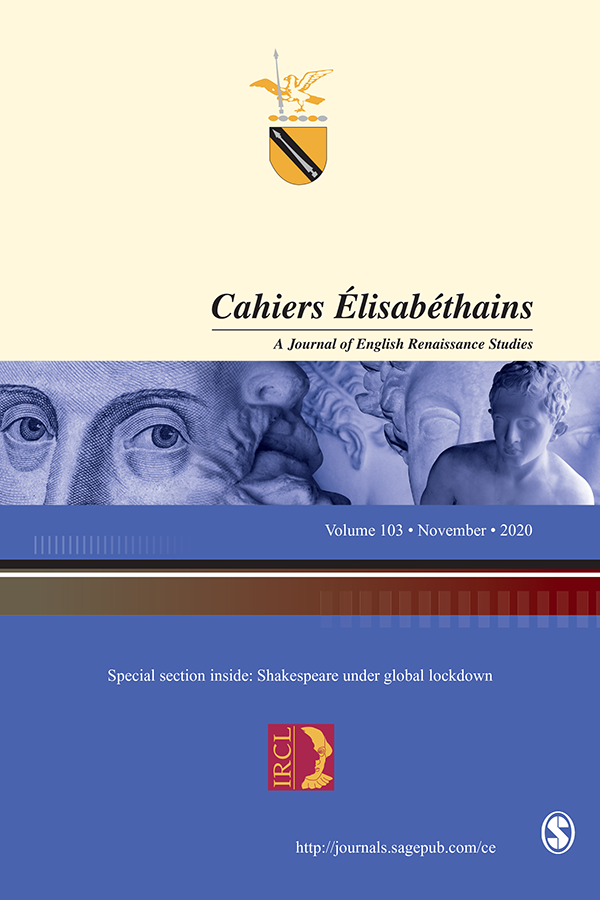 José María Pérez Fernández, “From Compulsion to Virtue: Epic, Translation, and the Significance of Early Modern Blank Verse”, Cahiers Élizabéthains, 75.1 (2009): 1-16. José María Pérez Fernández, “From Compulsion to Virtue: Epic, Translation, and the Significance of Early Modern Blank Verse”, Cahiers Élizabéthains, 75.1 (2009): 1-16. |
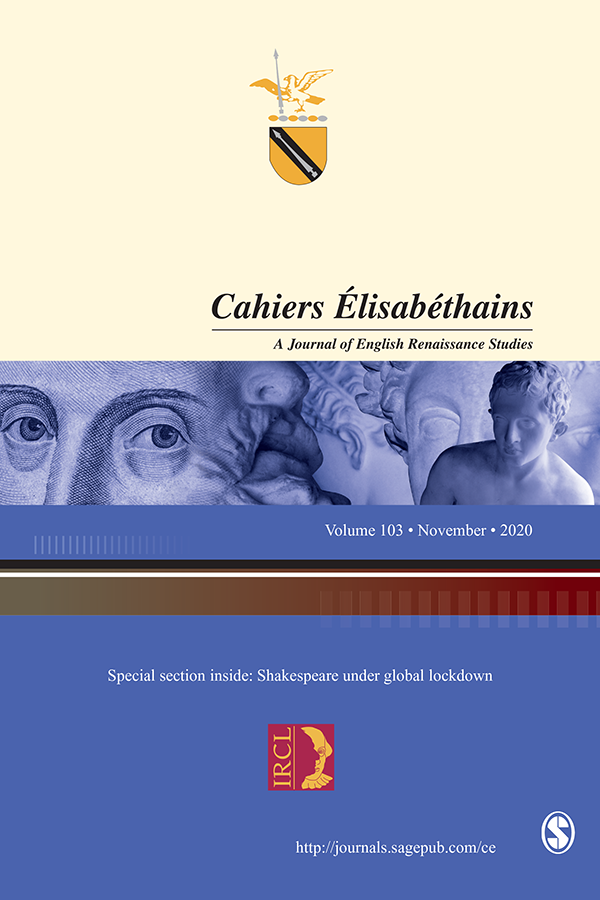 José María Pérez Fernández, “Translation and Metrical Experimentation in Sixteenth-Century English Poetry: The Case of Surrey’s Biblical Paraphrases”, Cahiers Élizabéthains, 71.1 (2007): 1-13. 2009 University of Granada Research Award (Premio Universidad de Granada a Trabajos de Investigación de Excelencia, edición de 2009). José María Pérez Fernández, “Translation and Metrical Experimentation in Sixteenth-Century English Poetry: The Case of Surrey’s Biblical Paraphrases”, Cahiers Élizabéthains, 71.1 (2007): 1-13. 2009 University of Granada Research Award (Premio Universidad de Granada a Trabajos de Investigación de Excelencia, edición de 2009). |
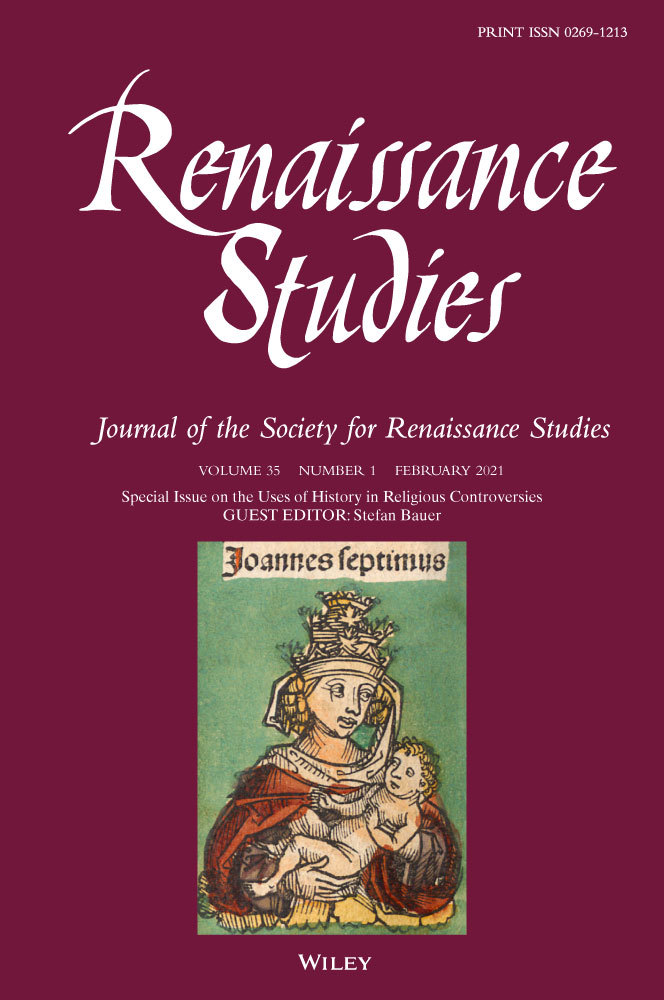 José María Pérez Fernández, “‘Wyatt Resteth Here’. Surrey’s Republican Elegy”, Renaissance Studies, 18.2 (2004): 208-238. 2005 University of Granada Research Award (Premio Universidad de Granada a Trabajos de Investigación de Excelencia, edición de 2005). José María Pérez Fernández, “‘Wyatt Resteth Here’. Surrey’s Republican Elegy”, Renaissance Studies, 18.2 (2004): 208-238. 2005 University of Granada Research Award (Premio Universidad de Granada a Trabajos de Investigación de Excelencia, edición de 2005). |
|

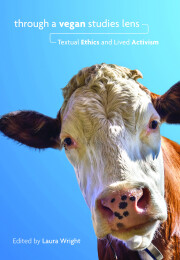
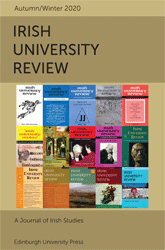
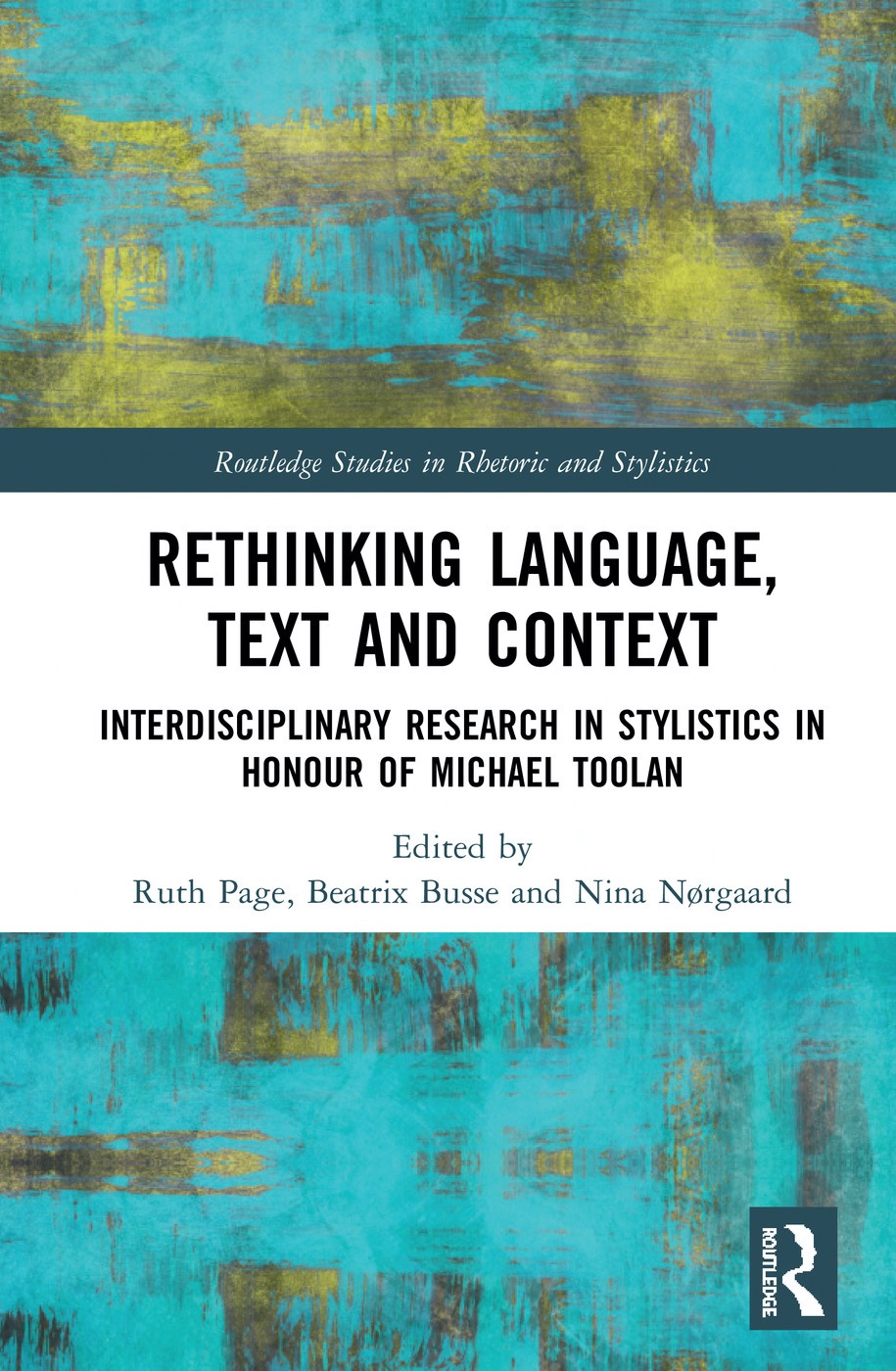 Rocío Montoro, “
Rocío Montoro, “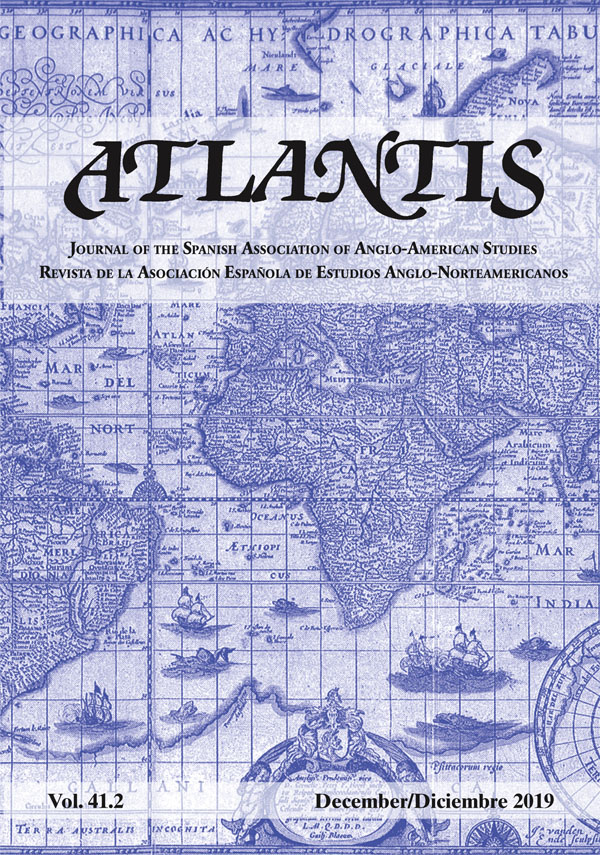
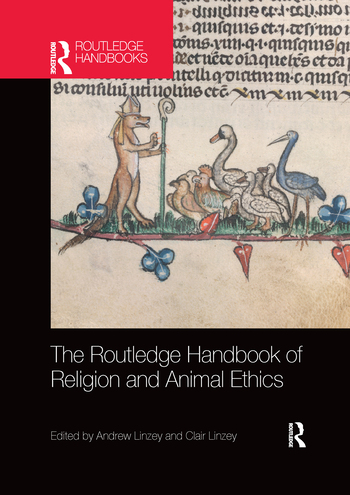 Margarita Carretero González, “
Margarita Carretero González, “